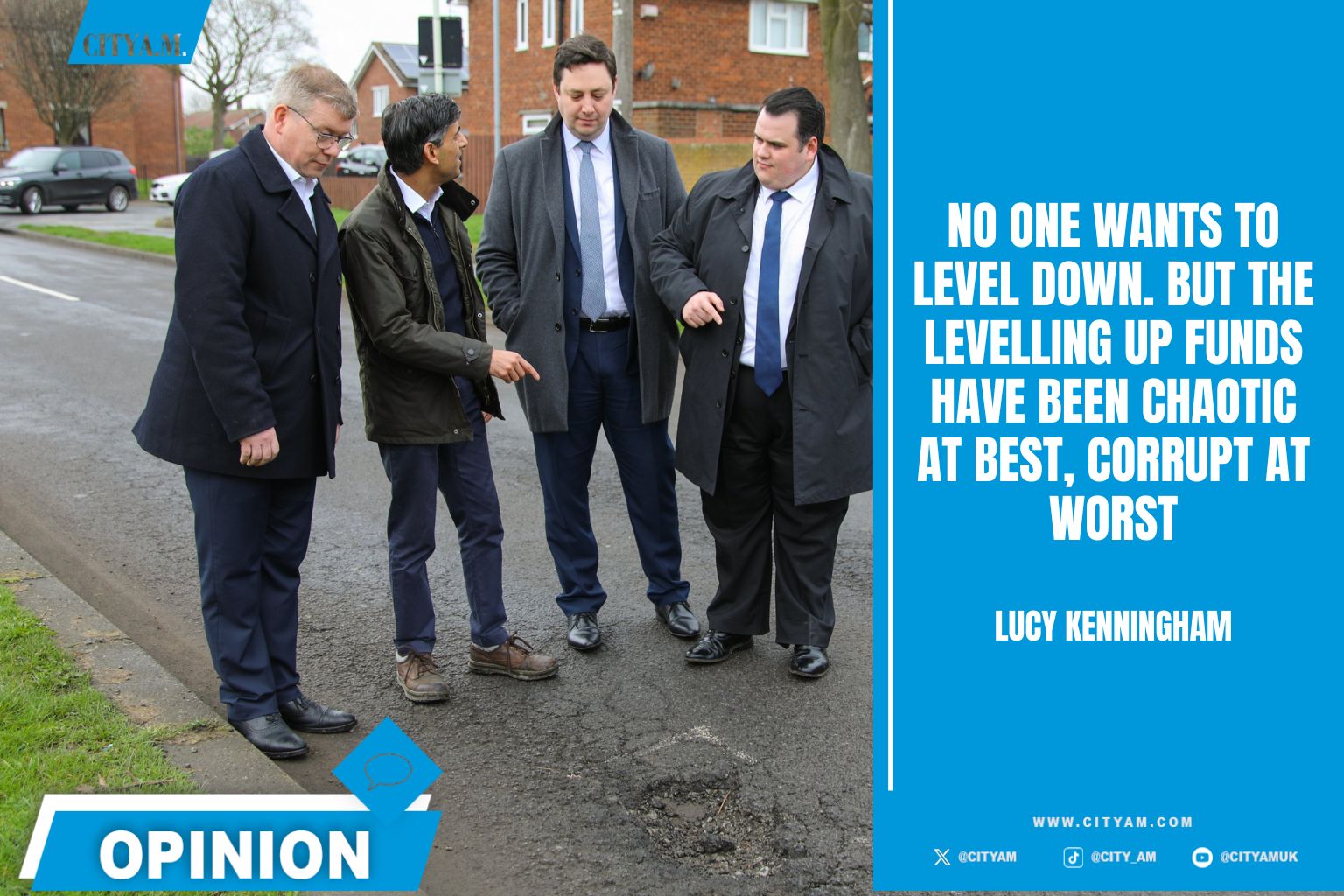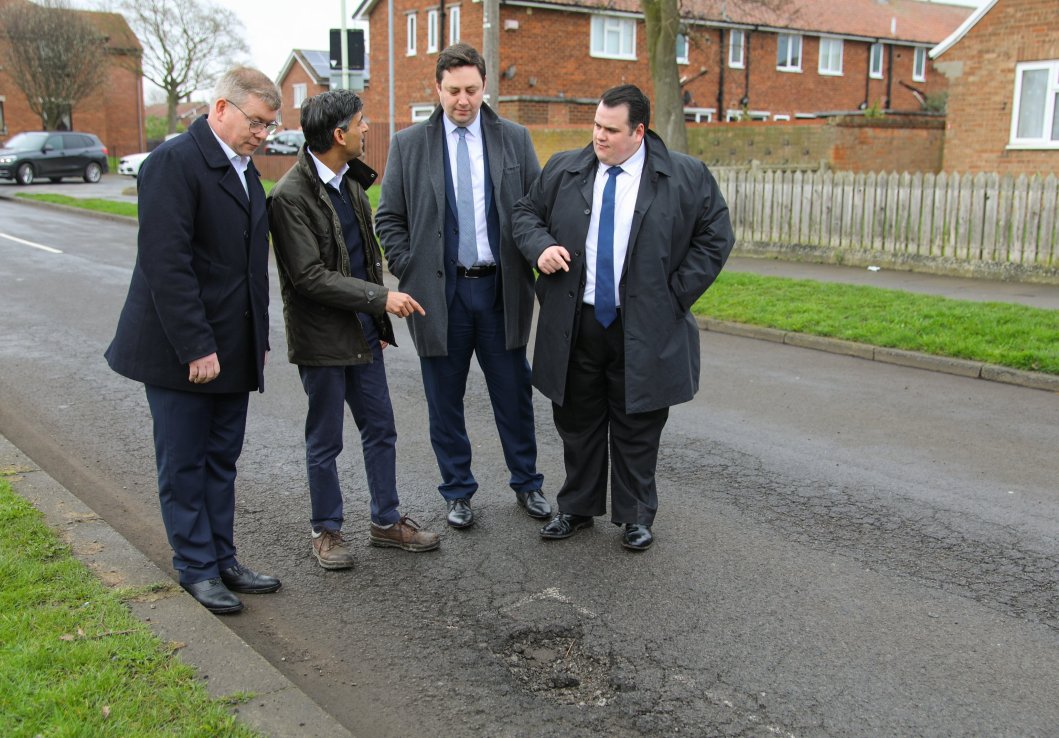It’s the Year of the Pothole and Britain is crazy
Forget the Chinese Zodiac – Britain’s automotive association has appointed itself responsible for assigning the symbol of the year. And they’ve chosen potholes.


Forget the Chinese Zodiac – Britain’s automotive association has appointed itself responsible for assigning the symbol of the year. And they’ve chosen potholes. 2023 is officially The Year of the Pothole, the AA declared in May. Prime Minister Rishi Sunak appears to have got the memo most of us missed after he announced £8.3bn would be spent on filling in Britain’s potholes over the next 11 years.
Potholes have long been a fixation of the British public. Many Brits drive. Our miserable weather – freezing winters and wet-at-all-times other seasons – corrodes tarmac. Most importantly, our roads have been chronically underfunded since the global financial crisis (GFC, if you must). Between 2006 and 2019 local road maintenance expenditure fully halved (from £4bn to £2bn). In other OECD countries, road spending doubled. It’s hardly surprising our roads are falling apart.
And whilst the issue of potholes may sound silly – and purely the domain of a Liberal Democrat by-election campaign – there are serious consequences to pockmarked roads.
Britain now boasts a million holes in its roads; the motor association the RAC has reported the highest number of pothole-related breakdowns it has seen since 2006. For cyclists, they are proving fatal: one each week dies from potholes, according to a 2019 Freedom of Information request.
Experts suggest £14bn is now needed to tackle Britain’s local roads repair backlog, a figure that is nearly double Sunak’s pledge. What’s more, the government’s funding sounds like a lot but will be delivered over 11 years meaning the total amount to less than £800m annually.
And, if enacted – which seems to be under question considering the Conservatives are unlikely to be in power after next year – the policy would fix 5,000 miles of surface. Yet this accounts for just two per cent of our roads, whereas the true number of holey surfaces is closer to 20 per cent, according to pothole expert Mark Morrell, who can be found under the name Mr Pothole on Twitter/X.
Morrell, who also founded National Pothole Day, is a walking representation of the kind of voter Sunak thinks he can target. He is a retired operations manager living in Northamptonshire. Yet although he has welcomed the financial commitment, he says it is so limited that the government is just peeing in the sea.
Politicians love to latch on to man-in-a-van policies. The AA’s frankly insane plea – drivers, you must report every “blemish” you encounter – “regardless of their size, depth, the type of road and its position in the lane” alluded to the fabled. In the 1990s, the Cone Hotline allowed motorists to demand to speak to an official and get an explanation for any random traffic cone they saw on a road.
The hotline was largely seen as a waste of money (though it only cost a few thousand pounds a year to run). Its lifespan was, however, cut short after just three years and 20,000 calls. It turned out Brits had more pressing issues to deal with than randomly placed traffic cones.
Yet potholes impassion people more than traffic cones. “In order to help government and councils understand the true state of our roads we need the public to report every pothole they see,” Jack Cousens, head of roads policy at the AA, said, thereby burdening the average driver with the time-consuming duty of reporting any and all discrepancies in road tarmacing for the foreseeable future.
The AA claims one in five Brits do report potholes (though it says one in three drivers are affected by them). Some 49 per cent of respondents to a poll of 2,583 UK drivers commissioned by motor org the RAC said the issue was their biggest motoring concern.
So Sunak has struck on an issue that voters will notice. But the actual amount pledged is negligible. Worse, the Number 10 comms team has exaggerated his claim in their continued attempt at politics by meme.
Downing Street posted on Twitter a photo of Sunak and co next to a gaping hole in the road with the caption: “this could be the last photo of a politician pointing at a pothole”. Brits might seem crazy in caring in extremis about relatively small holes in the road, jarring their journey to the shopping centre, but they’re not stupid.
If you’ve been affected by any of the issues raised in this piece, there’s only one place to turn.



